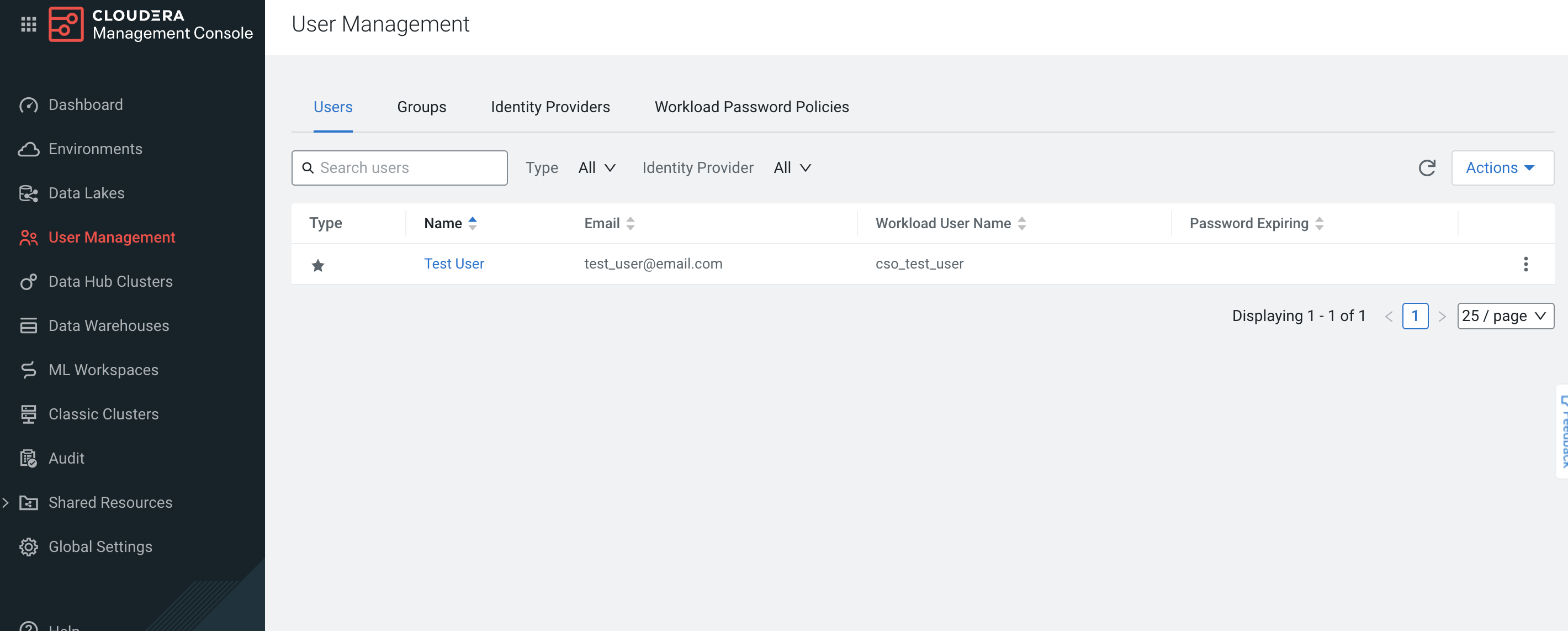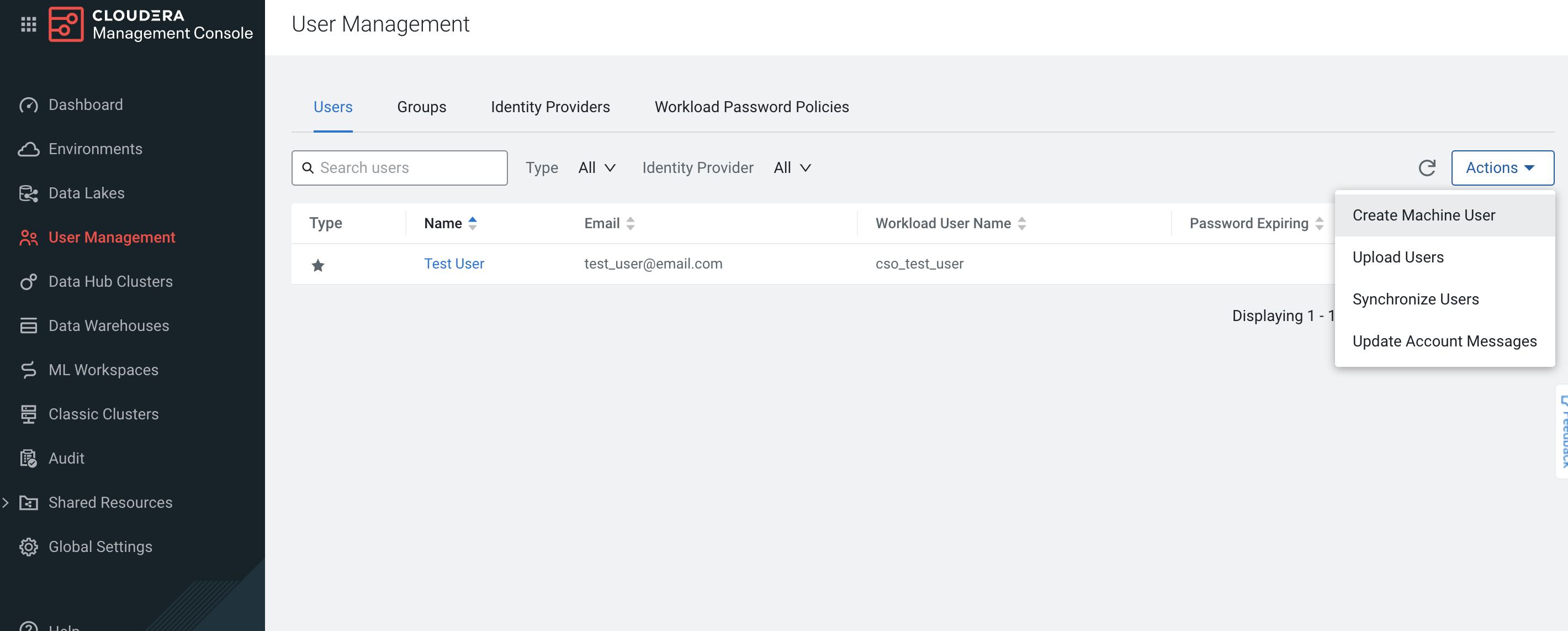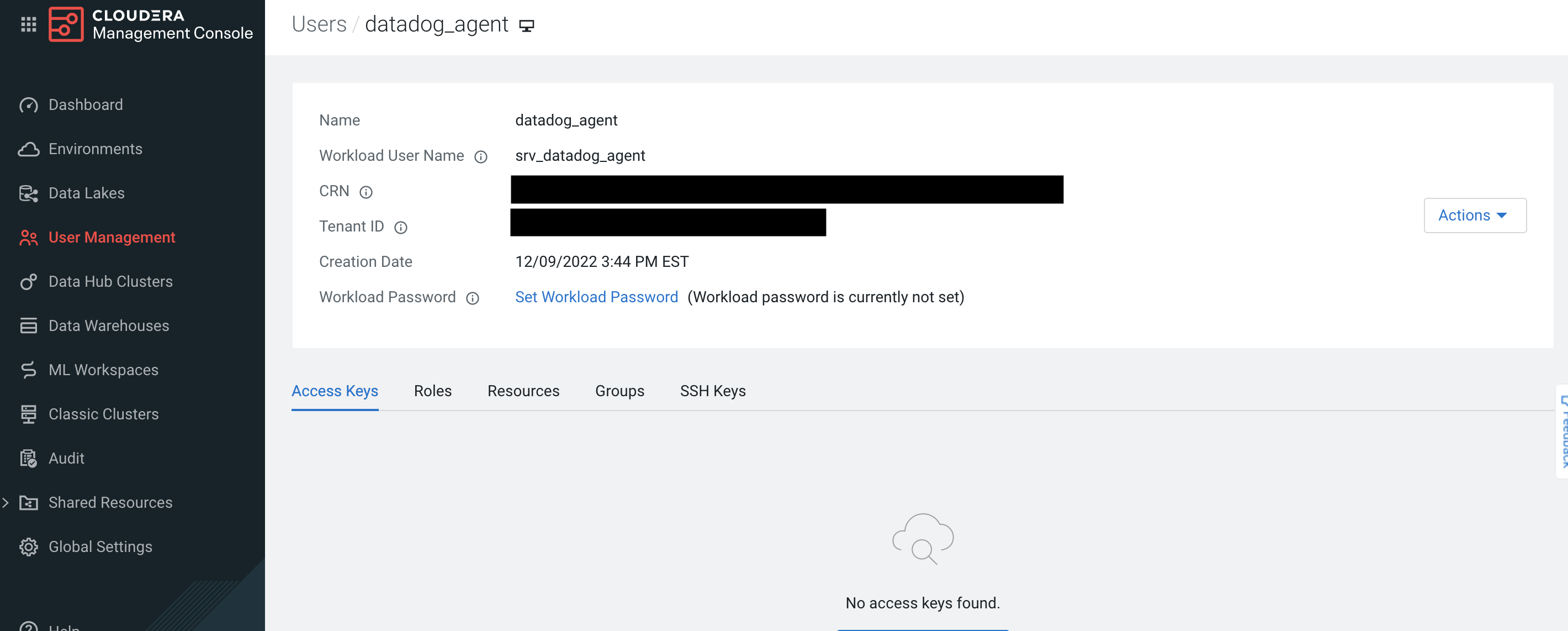- 重要な情報
- はじめに
- 用語集
- Standard Attributes
- ガイド
- インテグレーション
- エージェント
- OpenTelemetry
- 開発者
- Administrator's Guide
- API
- Partners
- DDSQL Reference
- モバイルアプリケーション
- CoScreen
- CoTerm
- Remote Configuration
- Cloudcraft
- アプリ内
- ダッシュボード
- ノートブック
- DDSQL Editor
- Reference Tables
- Sheets
- Watchdog
- アラート設定
- メトリクス
- Bits AI
- Internal Developer Portal
- Error Tracking
- Change Tracking
- Service Management
- Actions & Remediations
- インフラストラクチャー
- Cloudcraft
- Resource Catalog
- ユニバーサル サービス モニタリング
- Hosts
- コンテナ
- Processes
- サーバーレス
- ネットワークモニタリング
- Cloud Cost
- アプリケーションパフォーマンス
- APM
- Continuous Profiler
- データベース モニタリング
- Data Streams Monitoring
- Data Jobs Monitoring
- Data Observability
- Digital Experience
- RUM & セッションリプレイ
- Synthetic モニタリング
- Continuous Testing
- Product Analytics
- Software Delivery
- CI Visibility (CI/CDの可視化)
- CD Visibility
- Deployment Gates
- Test Visibility
- Code Coverage
- Quality Gates
- DORA Metrics
- Feature Flags
- セキュリティ
- セキュリティの概要
- Cloud SIEM
- Code Security
- クラウド セキュリティ マネジメント
- Application Security Management
- Workload Protection
- Sensitive Data Scanner
- AI Observability
- ログ管理
- Observability Pipelines(観測データの制御)
- ログ管理
- CloudPrem
- 管理
Cloudera
Supported OS
インテグレーションバージョン3.2.0
概要
This integration monitors your Cloudera Data Platform through the Datadog Agent, allowing you to submit metrics and service checks on the health of your Cloudera Data Hub clusters, hosts, and roles.
セットアップ
Follow the instructions below to install and configure this check for an Agent running on a host. For containerized environments, see the Autodiscovery Integration Templates for guidance on applying these instructions.
インストール
The Cloudera check is included in the Datadog Agent package. No additional installation is needed on your server.
設定
要件
Cloudera チェックを実行するには、Cloudera Manager バージョン 7 が必要です。
Prepare Cloudera Manager
Cloudera Data Platform で、Management Console に移動し、User Management タブをクリックします。

Actions、Create Machine User の順にクリックし、Datadog Agent を通じて Cloudera Manager にクエリを行うマシンユーザーを作成します。

ワークロードパスワードが設定されていない場合は、ユーザー作成後、Set Workload Password をクリックしてください。

ホスト
Edit the
cloudera.d/conf.yamlfile, in theconf.d/folder at the root of your Agent’s configuration directory to start collecting your Cloudera cluster and host data. See the sample cloudera.d/conf.yaml for all available configuration options.
注:api_urlの末尾には、API バージョンを記述する必要があります。init_config: ## @param workload_username - string - required ## The Workload username. This value can be found in the `User Management` tab of the Management ## Console in the `Workload User Name`. # workload_username: <WORKLOAD_USERNAME> ## @param workload_password - string - required ## The Workload password. This value can be found in the `User Management` tab of the Management ## Console in the `Workload Password`. # workload_password: <WORKLOAD_PASSWORD> ## Every instance is scheduled independently of the others. # instances: ## @param api_url - string - required ## The URL endpoint for the Cloudera Manager API. This can be found under the Endpoints tab for ## your Data Hub to monitor. ## ## Note: The version of the Cloudera Manager API needs to be appended at the end of the URL. ## For example, using v48 of the API for Data Hub `cluster_1` should result with a URL similar ## to the following: ## `https://cluster1.cloudera.site/cluster_1/cdp-proxy-api/cm-api/v48` # - api_url: <API_URL>Restart the Agent to start collecting and sending Cloudera Data Hub cluster data to Datadog.
コンテナ化
For containerized environments, see the Autodiscovery Integration Templates for guidance on applying the parameters below.
| パラメーター | 値 |
|---|---|
<INTEGRATION_NAME> | cloudera |
<INIT_CONFIG> | {"workload_username": "<WORKLOAD_USERNAME>", 'workload_password": "<WORKLOAD_PASSWORD>"} |
<INSTANCE_CONFIG> | {"api_url": <API_URL>"} |
クラスターの検出
クラスターの検出方法は、clusters 構成オプションで以下のパラメーターで設定することができます。
limit- Maximum number of items to be autodiscovered.
デフォルト値:None(全クラスターが処理されます)
include- Mapping of regular expression keys and component config values to autodiscover.
デフォルト値: empty map
exclude- List of regular expressions with the patterns of components to exclude from autodiscovery.
デフォルト値: empty list
interval- Validity time in seconds of the last list of clusters obtained through the endpoint.
デフォルト値:None(キャッシュを使用しない)
例:
my_cluster で始まる名前のクラスターを最大 5 まで処理します。
clusters:
limit: 5
include:
- 'my_cluster.*'
最大 20 のクラスターを処理し、tmp_ で始まる名前を持つクラスターを除外します。
clusters:
limit: 20
include:
- '.*'
exclude:
- 'tmp_.*'
カスタムクエリ
You can configure the Cloudera integration to collect custom metrics that are not be collected by default by running custom timeseries queries. These queries use the tsquery language to retrieve data from Cloudera Manager.
例:
カスタムタグとして cloudera_jvm を使用して、JVM ガベージコレクションレートと JVM フリーメモリを収集します。
custom_queries:
- query: select last(jvm_gc_rate) as jvm_gc_rate, last(jvm_free_memory) as jvm_free_memory
tags: cloudera_jvm
注: これらのクエリはメトリクス表現を利用することができ、total_cpu_user + total_cpu_system、1000 * jvm_gc_time_ms / jvm_gc_count および max(total_cpu_user) などのクエリを作成します。メトリクス式を使用する場合、メトリクスのエイリアスも含めるようにしてください。そうしないと、メトリクス名が正しくフォーマットされないことがあります。例えば、SELECT last(jvm_gc_count) は cloudera.<CATEGORY>.last_jvm_gc_count というメトリクスを生成します。次の例のようにエイリアスを追加することができます: SELECT last(jvm_gc_count) as jvm_gc_count で cloudera.<CATEGORY>.jvm_gc_count というメトリクスが生成されます。
検証
Run the Agent’s status subcommand and look for cloudera under the Checks section.
収集データ
メトリクス
| cloudera.cluster.cpu_percent_across_hosts (gauge) | Percent of the Host CPU Usage metric computed across all this entity’s descendant Host entities Shown as percent |
| cloudera.cluster.total_bytes_receive_rate_across_network_interfaces (gauge) | The sum of the Bytes Received metric computed across all this entity’s descendant Network Interface entities Shown as byte |
| cloudera.cluster.total_bytes_transmit_rate_across_network_interfaces (gauge) | The sum of the Bytes Transmitted metric computed across all this entity’s descendant Network Interface entities Shown as byte |
| cloudera.cluster.total_read_bytes_rate_across_disks (gauge) | The sum of the Disk Bytes Read metric computed across all this entity’s descendant Disk entities Shown as byte |
| cloudera.cluster.total_write_bytes_rate_across_disks (gauge) | The sum of the Disk Bytes Written metric computed across all this entity’s descendant Disk entities Shown as byte |
| cloudera.disk.await_read_time (gauge) | The average disk await read time of the entity Shown as millisecond |
| cloudera.disk.await_time (gauge) | The average disk await time of the entity Shown as millisecond |
| cloudera.disk.await_write_time (gauge) | The average disk await write time of the entity Shown as millisecond |
| cloudera.disk.service_time (gauge) | The average disk service time of the entity Shown as millisecond |
| cloudera.host.alerts_rate (gauge) | The number of alerts per second Shown as event |
| cloudera.host.cpu_iowait_rate (gauge) | Total CPU iowait time |
| cloudera.host.cpu_irq_rate (gauge) | Total CPU IRQ time |
| cloudera.host.cpu_nice_rate (gauge) | Total CPU nice time |
| cloudera.host.cpu_soft_irq_rate (gauge) | Total CPU soft IRQ time |
| cloudera.host.cpu_steal_rate (gauge) | Stolen time, which is the time spent in other operating systems when running in a virtualized environment |
| cloudera.host.cpu_system_rate (gauge) | Total System CPU |
| cloudera.host.cpu_user_rate (gauge) | Total CPU user time |
| cloudera.host.events_critical_rate (gauge) | The number of critical events |
| cloudera.host.events_important_rate (gauge) | The number of important events |
| cloudera.host.health_bad_rate (gauge) | Percentage of Time with Bad Health |
| cloudera.host.health_concerning_rate (gauge) | Percentage of Time with Concerning Health |
| cloudera.host.health_disabled_rate (gauge) | Percentage of Time with Disabled Health |
| cloudera.host.health_good_rate (gauge) | Percentage of Time with Good Health |
| cloudera.host.health_unknown_rate (gauge) | Percentage of Time with Unknown Health |
| cloudera.host.load_1 (gauge) | Load Average over 1 minute |
| cloudera.host.load_15 (gauge) | Load Average over 15 minutes |
| cloudera.host.load_5 (gauge) | Load Average over 5 minutes |
| cloudera.host.num_cores (gauge) | Total number of cores |
| cloudera.host.num_physical_cores (gauge) | Total number of physical cores |
| cloudera.host.physical_memory_buffers (gauge) | The amount of physical memory devoted to temporary storage for raw disk blocks Shown as byte |
| cloudera.host.physical_memory_cached (gauge) | The amount of physical memory used for files read from the disk. This is commonly referred to as the pagecache Shown as byte |
| cloudera.host.physical_memory_total (gauge) | The total physical memory available Shown as byte |
| cloudera.host.physical_memory_used (gauge) | The total amount of memory being used, excluding buffers and cache Shown as byte |
| cloudera.host.swap_out_rate (gauge) | Memory swapped out to disk Shown as page |
| cloudera.host.swap_used (gauge) | Swap used Shown as byte |
| cloudera.host.total_bytes_receive_rate_across_network_interfaces (gauge) | The sum of the Bytes Received metric computed across all this entity’s descendant Network Interface entities Shown as byte |
| cloudera.host.total_bytes_transmit_rate_across_network_interfaces (gauge) | The sum of the Bytes Transmitted metric computed across all this entity’s descendant Network Interface entities Shown as byte |
| cloudera.host.total_phys_mem_bytes (gauge) | Total physical memory in bytes Shown as byte |
| cloudera.host.total_read_bytes_rate_across_disks (gauge) | The sum of the Disk Bytes Read metric computed across all this entity’s descendant Disk entities Shown as byte |
| cloudera.host.total_read_ios_rate_across_disks (gauge) | The sum of the Disk Reads metric computed across all this entity’s descendant Disk entities Shown as operation |
| cloudera.host.total_write_bytes_rate_across_disks (gauge) | The sum of the Disk Bytes Written metric computed across all this entity’s descendant Disk entities Shown as byte |
| cloudera.host.total_write_ios_rate_across_disks (gauge) | The sum of the Disk Writes metric computed across all this entity’s descendant Disk entities Shown as operation |
| cloudera.role.cpu_system_rate (gauge) | Total System CPU |
| cloudera.role.cpu_user_rate (gauge) | Total CPU user time |
| cloudera.role.mem_rss (gauge) | Resident memory used Shown as byte |
イベント
Cloudera インテグレーションは、Cloudera Manager API の /events エンドポイントから発行されるイベントを収集します。イベントレベルは以下のようにマッピングされます。
| Cloudera | Datadog |
|---|---|
UNKNOWN | error |
INFORMATIONAL | info |
IMPORTANT | info |
CRITICAL | error |
サービス チェック
cloudera.can_connect
Returns OK if the check is able to connect to the Cloudera Manager API and collect metrics, CRITICAL otherwise.
Statuses: ok, critical
cloudera.cluster.health
Returns OK if the cluster is in good health or is starting, WARNING if the cluster is stopping or the health is concerning, CRITICAL if the cluster is down or in bad health, and UNKNOWN otherwise.
Statuses: ok, critical, warning, unknown
cloudera.host.health
Returns OK if the host is in good health or is starting, WARNING if the host is stopping or the health is concerning, CRITICAL if the host is down or in bad health, and UNKNOWN otherwise.
Statuses: ok, critical, warning, unknown
トラブルシューティング
Cloudera ホスト上の Datadog インテグレーションのメトリクスを収集する
To install the Datadog Agent on a Cloudera host, make sure that the security group associated with the host allows SSH access.
Then, you need to use the root user cloudbreak when accessing the host with the SSH key generated during the environment creation:
sudo ssh -i "/path/to/key.pem" cloudbreak@<HOST_IP_ADDRESS>
The workload username and password can be used to access Cloudera hosts through SSH, although only the cloudbreak user can install the Datadog Agent.
Trying to use any user that is not cloudbreak may result in the following error:
<NON_CLOUDBREAK_USER> is not allowed to run sudo on <CLOUDERA_HOSTNAME>. This incident will be reported.
Datadog メトリクス収集時の構成エラー
Cloudera ホストからメトリクスを収集する際に、Agent のステータスに以下のようなものが表示された場合
Config Errors
==============
zk
--
open /etc/datadog-agent/conf.d/zk.d/conf.yaml: permission denied
conf.yaml の所有者を dd-agent に変更する必要があります。
[cloudbreak@<CLOUDERA_HOSTNAME> ~]$ sudo chown -R dd-agent:dd-agent /etc/datadog-agent/conf.d/zk.d/conf.yaml
お問合せは、Datadog サポート まで。
その他の参考資料
役立つドキュメント、リンク、記事:
